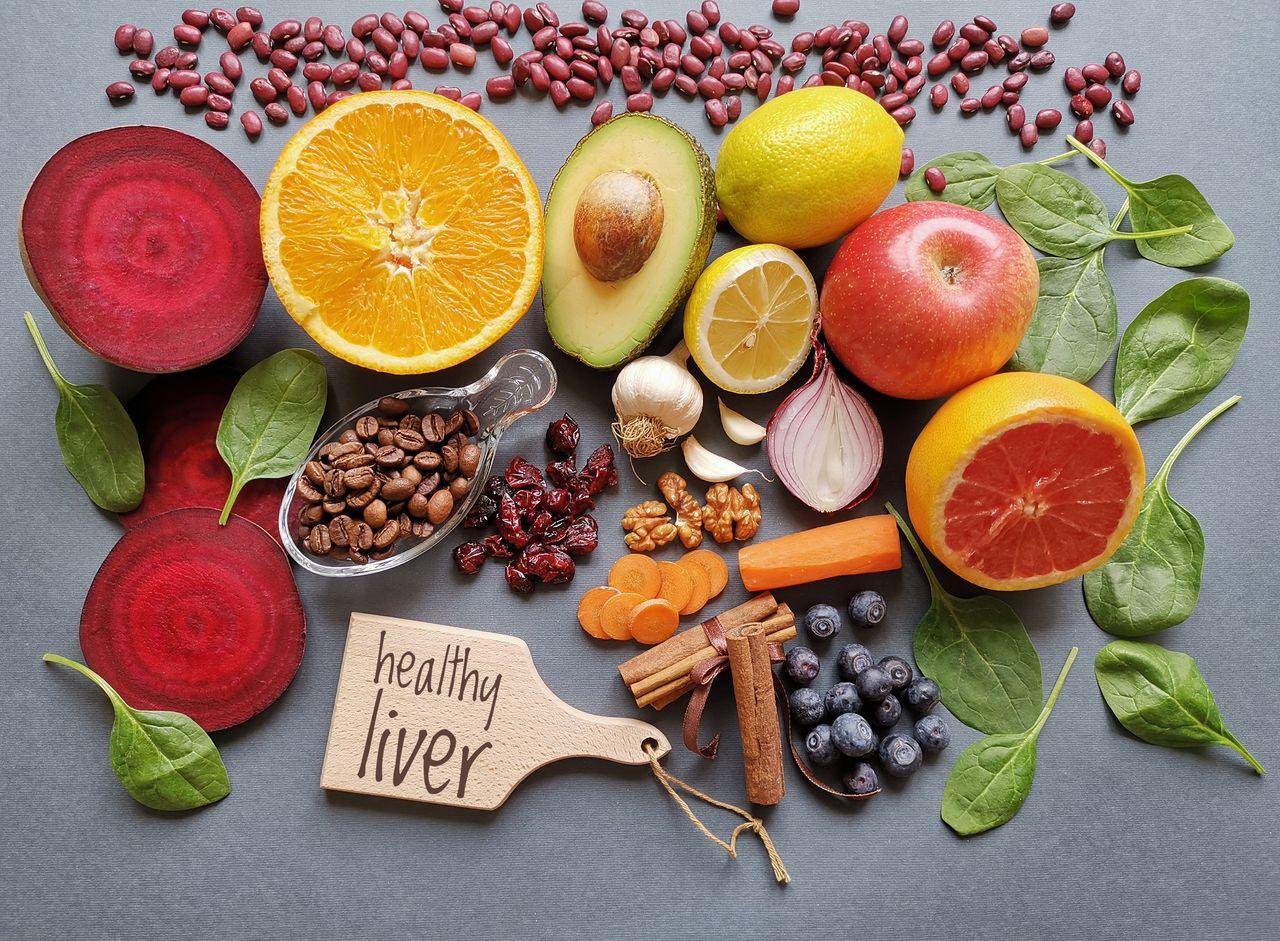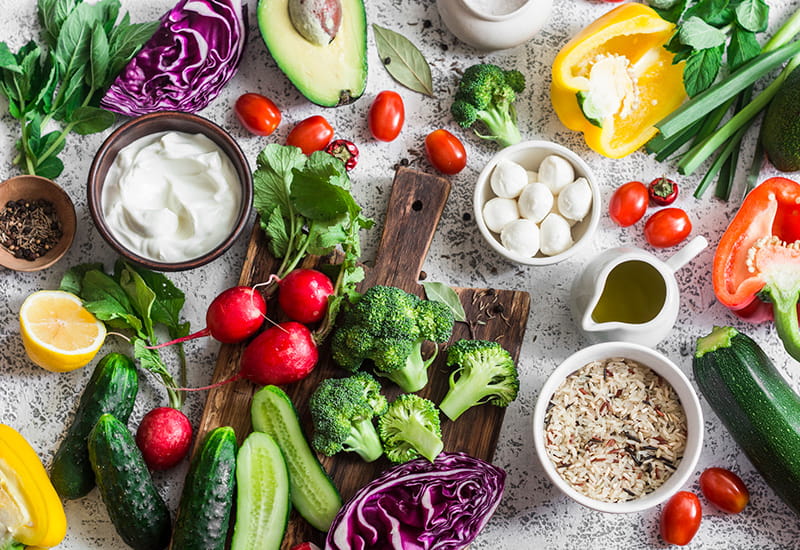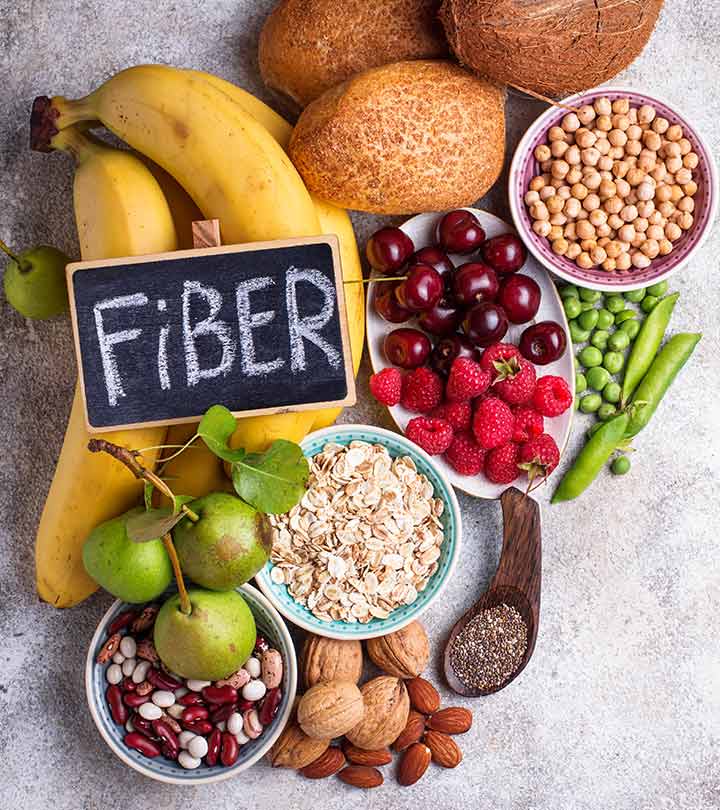Health benefits of hummus include weight loss, skin care, and improved digestive system, hearthealth, and muscular functions. It is beneficial in treating diverse medical conditions including cancer, diabetes, anemia, and inflammatory disorders such as rheumatoid arthritis, and hypertension.
What is Hummus?
Hummus is an Arabic and Mediterranean dip or spread, made from chickpeas, olive oil, lemon juice, sea salt, garlic, and tahini or sesame paste. In fact, the word ‘hummus’ is the Arabic version of chickpeas. It is believed to be an ancient and a popular delicacy that started off in the Middle East and countries like Greece, Turkey, Syria, and Israel are in love with this dish.
Types of Hummus
The most savored types of this delicacy include:
- Avocado hummus with lemon and cilantro
- Roasted garlic hummus
- Mushroom hummus
- Jalapeno hummus
- Spinach feta hummus
- Cumin roasted carrot hummus
Chickpeas are one of the earliest pulses grown in Mesopotamia and were a part of street cuisine in ancient Rome. Attributing to its appealing flavor and superb health factor, over the time hummus has found its place amongst the latest food trends and has gained popularity all over the world.
Nutritional Value of Hummus
Traditionally prepared hummus is rich in essential minerals such as potassium, phosphorus, magnesium, calcium, iron, and zinc. It also provides vitamins such as vitamin A, vitamin B1, vitamin B2, vitamin B3, vitamin B6, and folate. It is a good source of plant-based proteinand brings valuable fiber content to the plate. In addition to this, hummus offers essential fatty acids without any harmful cholesterol. However, basis the recipe followed, the nutritional content of the dish varies. For instance, the spinach and carrot variant would have more vitamin A and a scallion-based one would have more amount of vitamin C and K.
Health Benefits of Hummus

Hummus, on the whole, is a healthy and a convenient food with many benefits which can be incorporated into almost any meal. Let us discuss some of the benefits in detail:
Anti-inflammatory Properties
Olive oil, present in hummus, is rich in anti-inflammatory properties and omega-3 fatty acids. Omega-3 fatty acids are polyunsaturated fatty acids, which provide multi-dimensional health benefits including relief from chronic inflammatory diseases such as rheumatoid arthritis, coronary artery diseases, hypertension, and cancer.
Improved Heart Health
Hummus contains olive oil, which helps in maintaining cardiovascular health. According to research, consumption of olive oil has a reason behind the low mortality of cardiovascular diseases in southern European and Mediterranean countries. As also stated by The Wall Street Journal, consumption of olive oil-rich foods such as hummus helps cut down the chances of heart disorders such as stroke.
Plant-based Protein
Chickpea, which is the primary ingredient in the hummus, is rich in protein. It is best for vegans as their diet revolves around vegetarian food and non-dairy products. It also makes you feel full for longer, thereby reducing your chances of overeating or snacking in between the meals. Tahini, which is made from ground sesame seeds and served as a dip with hummus, is a great source of protein as well.
Healthy Pregnancy
It provides a range of health benefits even during pregnancy. Folate-rich hummus helps in preventing the threat of birth defects in the babies, known as spina bifida. The amino acids, present in it, help elevate the mood and promote better sleep. Other essential nutrients including proteins and minerals found in it also contribute significantly towards the health of the mother as well as the growing fetus.
Skin and Hair Care
Omega-3 fatty acids present in hummus help in skin care and stimulate hair growth. Chickpeas in it contain manganese that helps prevent skin sagging and hair loss. Zinc, in it, works as an antioxidant and helps delay aging and prevent hair thinning.
Prevention of Cancer
Hummus, rich in phytic acid and saponins, helps prevent the growth of cancerous cells. It is a good resource that keeps the harmful toxins from binding with the colon lining and flushes them from the body thereby preventing colon cancer. The chickpeas in it also contain isoflavones and phytoestrogens, which are linked with reduced risk of lung cancer.
Improved Digestion
Hummus is a good source of fiber, which helps in maintaining a healthy digestive system. So eating it has been proven beneficial in the regulation of bowel movements and brings relief from constipation. It adds bulk to the diet and keeps the hunger satisfied and makes you feel full for a longer duration. Thanks to hummus, you won’t look for something else to nibble soon after eating it.
Weight Loss
Protein and fiber-rich hummus is one of the Mediterranean food that helps you manage your weight easily along with improving digestion. Tahini contains healthy monounsaturated fats that promote weight loss and aid in reducing the belly fat. These are amazing hummus health benefits.
How to make Hummus?
Although ready made traditional hummus can be found in any grocery store, making your own won’t require much time. All you need is a food processor.
Ingredients
Serves 2 – 3
1 cup boiled Chickpeas
3 tbsp Tahini paste
1 tbsp Lemon Juice
2 tbsp Olive Oil
Salt, to taste
Recipe
Step 1: Add tahini, lemon juice, finely minced garlic, olive oil, ground cumin, and salt (optional) to the processor and process till the paste becomes thick and creamy
Step 2: Now add boiled or canned chickpeas and process till you achieve a creamy and smooth consistency
Step 3: Serve the spread on a plate and garnish with olive oil and paprika, and enjoy!
Note: For ensuring a smooth consistency, you can add about 2-3 tablespoons of water to the chickpeas while blending.
Apart from the traditional preparation, you can also create a variation with hummus by adding a dash of roasted cumin powder, spinach, honey or get creative and try other new ingredients as per your own preference.
Tips for Savoring Hummus
- Hummus can be served as a dip with fresh raw vegetables like carrots.
- It is a healthy and tasty alternative to the sauces served with whole wheat tortilla and crackers.
- It can be used as a spread on sandwiches, burgers, and wraps.
- It can also be incorporated in spicy salsa, pasta, rice dishes or as a dressing in the salads.






